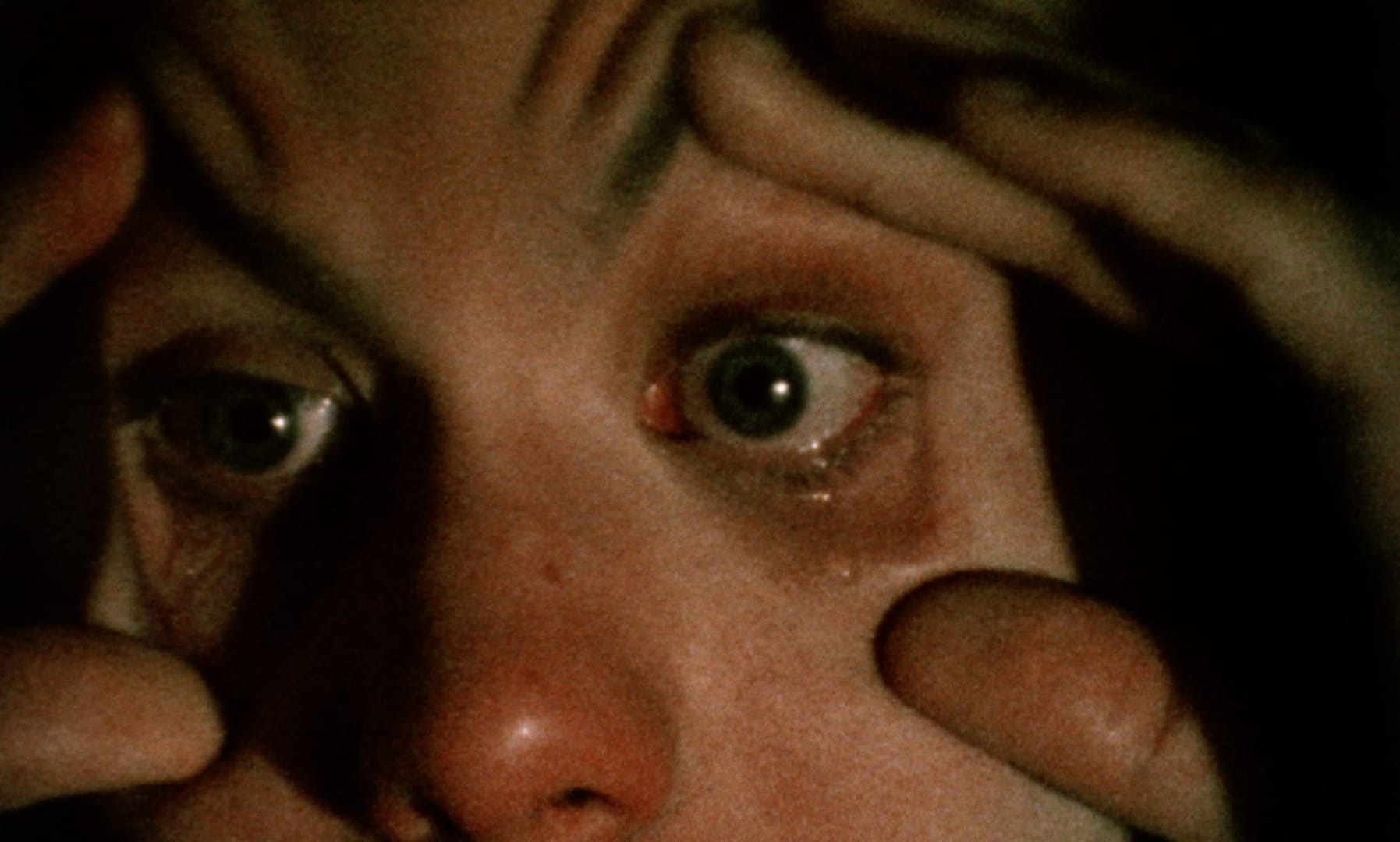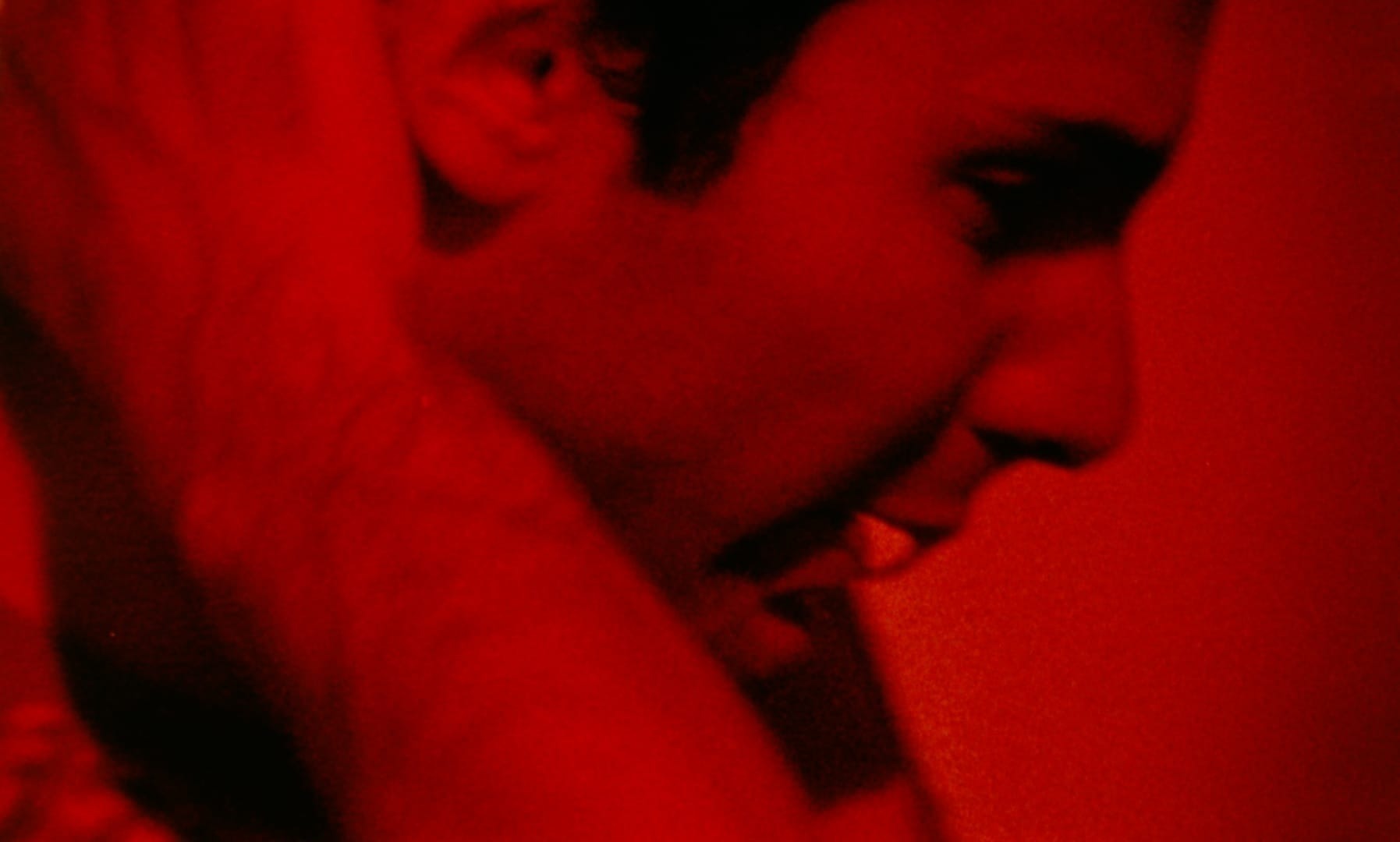Frownland: Down the Drain

“Personal” is a value-neutral term, but it has a positive meaning in movies, which are inherently collaborative. The most consequential project of the history of cinema has been to transform the industrial and expensive medium into as supple, responsive, and intimate a form of self-expression as a novel, a painting, or a piece of music. The revolutions in the art have mainly involved innovations that render it more personal. Yet the essence of these revolutions is a matter not of form but of spirit—of the emotional transformation of an outward-pointing technique into works of radical subjectivity. Ronald Bronstein, with his first (and, to date, only) feature, Frownland (2007), achieved just such a revolution, to historic and enduring effect.
Frownland is set in the milieu of white Brooklyn twentysomethings keeping a toehold on something like a bohemian arts scene as they struggle to pay their rent; living among them, Keith Sontag (Dore Mann) has none of the art but all of the struggles, and then some. He is out of place in this little world and doesn’t fit into any other either. He lives in a depressingly cramped one-room apartment—his bed is in the narrow kitchen—and works as a door-to-door salesman of coupon books, as part of a crew that’s schlepped out to Long Island in a van driven by a petty martinet of a boss named Carmine (Carmine Marino). Keith’s roommate, Charles (Paul Grimstad, who also created the film’s score), is a crabby, egotistical, aggressive, insulting musician who is also cavalierly neglectful of such matters as the electric bill. Keith is in a depressingly unromantic relationship with a talented artist and troubled high-school student named Laura (Mary Wall, who would later marry Bronstein). And the one and only person he can dare to consider a friend, Sandy (David Sandholm, who also recorded the film’s sound), can barely stand his presence. The drama of Frownland, such as it is, is the story of things going from bad to worse; it’s the vision of a downward spiral that, as things do when they go down the drain, only increases in speed and tightens in force.
Frownland is indeed a drama, and a rigorously realistic one that depicts, in obsessive detail, its characters’ actions and circumstances, without dream sequences, fantasies, or any other deviations from the material world. But it’s also a work of wild and radical inner vision, an outpouring of the inner life—not only that of Keith or any other character but also Bronstein’s own. It has the torrential fury and relentless rhythms of music (with no cue needed from the title, borrowed from a song by Captain Beefheart). Much of its dramatic substance is derived from its actors’ real-life personalities and experiences as well as from Bronstein’s own—but its soul portraiture, its projection of selfhood, arises from the imaginative synthesis and aesthetic embodiment of a recognizable yet fully created world. With Frownland, Bronstein clears the ground of sedimented habits and opens new pathways for revealing personal states of emotion and of being.

“One doesn’t have to know about the demanding conditions of the film’s production to feel them in the results.”





